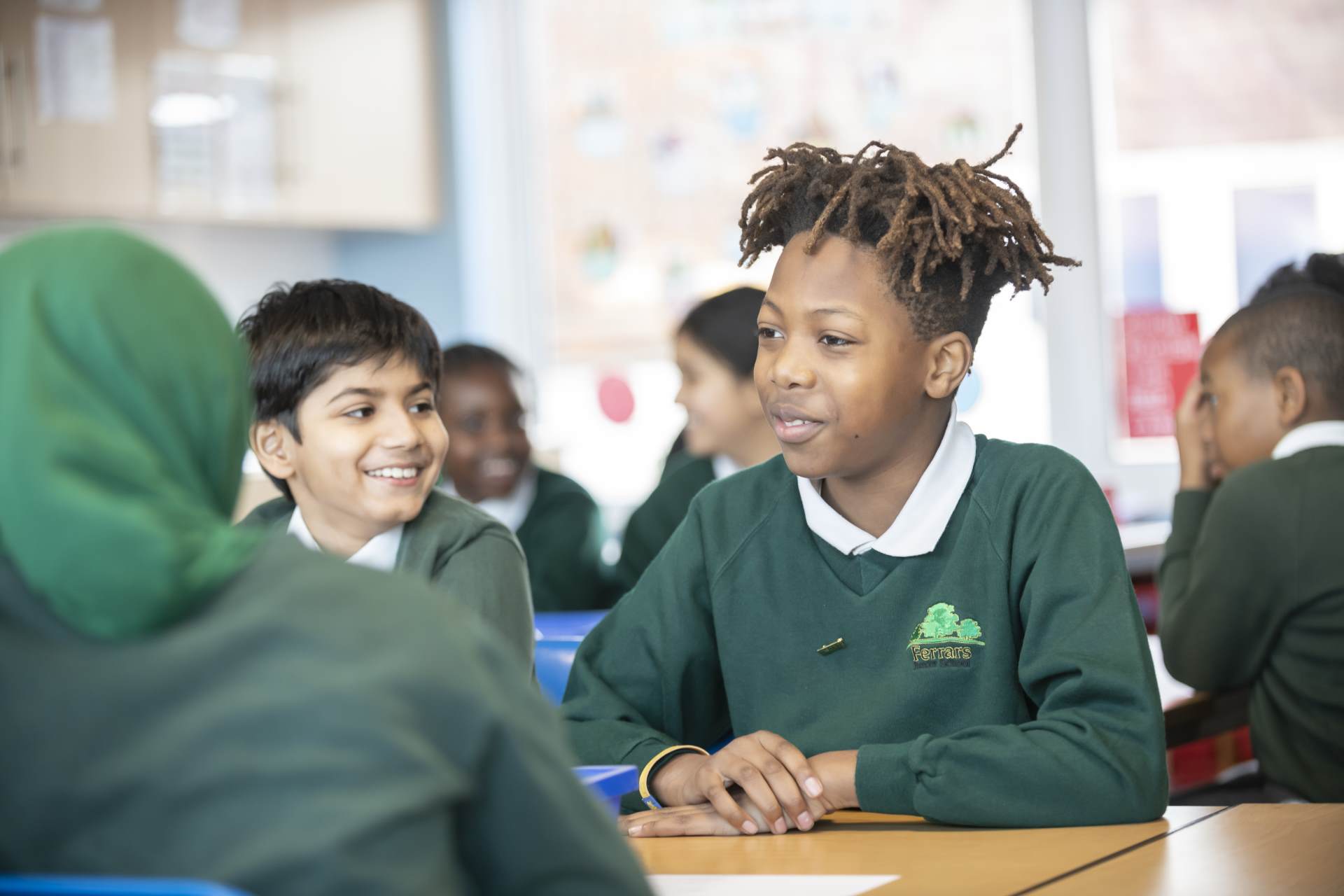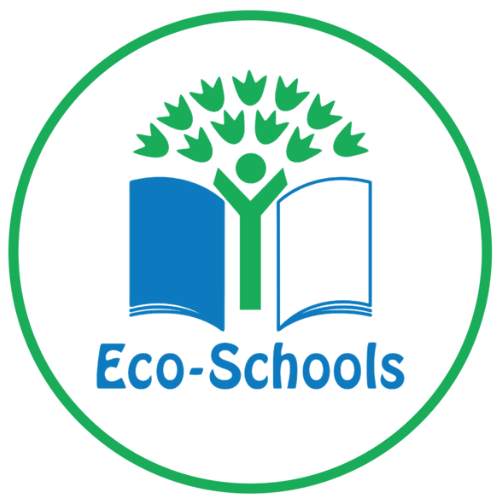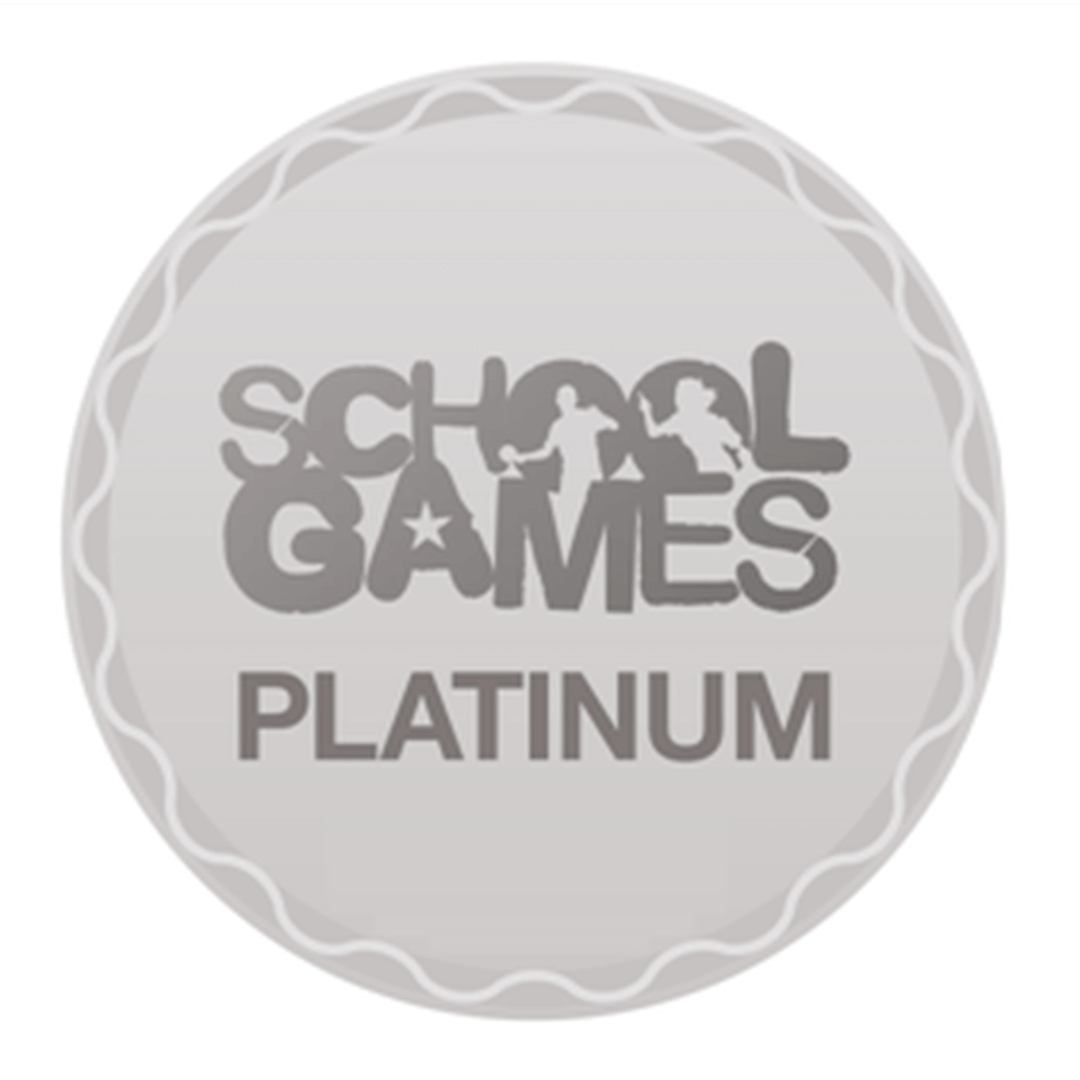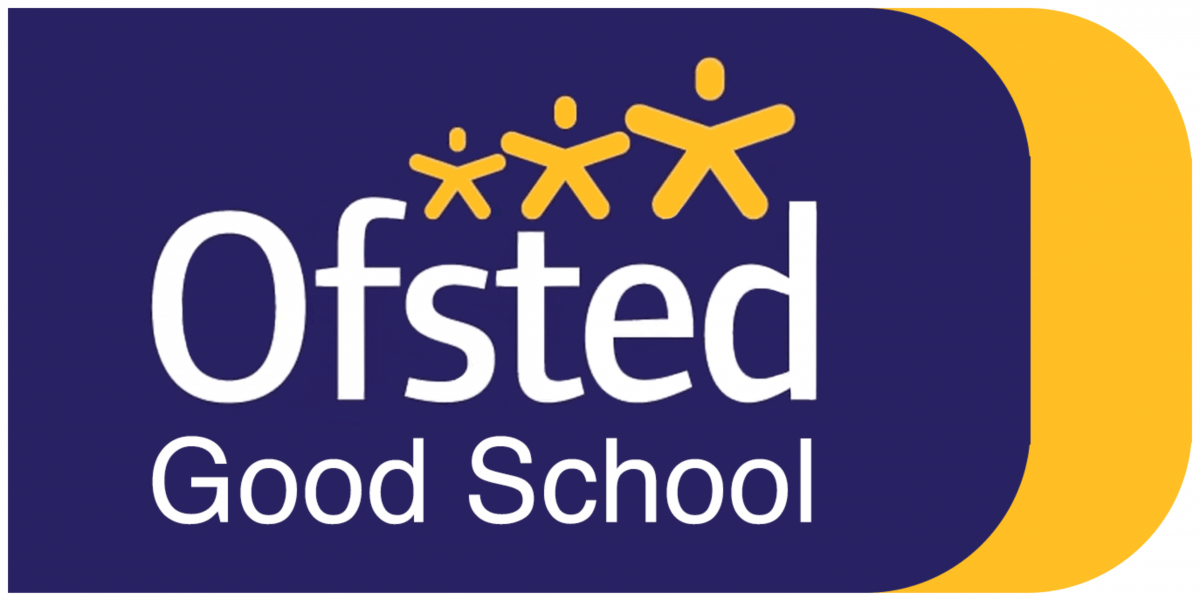Jigsaw Intent Implementation & Impact

Intent
Our intention is that when children leave Ferrars, they will do so with the knowledge, understanding and emotions to be able to play an active, positive and successful role in today’s diverse society. We want our children to have high aspirations, a belief in themselves and realise that anything is possible if they put their mind to it. In an ever–changing world, it is important that they are aware, to an appropriate level, of different factors which will affect their world and that they learn how to deal with these so that they have good mental health and well-being.
Our PSHE curriculum develops learning and results in the acquisition of knowledge and skills, which will enable children to access the wider curriculum and prepare them to be a global citizen now, and in their future roles within a global community. It promotes the spiritual, moral, cultural, mental and physical development of pupils, preparing them for the opportunities, responsibilities and experiences for later life. Our Relationships and Sex Education enables our children to learn how to be safe, and to understand and develop healthy relationships, both now and in their future lives.
Implementation
Pupils are taught PSHE using ‘Jigsaw’, which is a spiral, progressive scheme of work. There is a strong emphasis on emotional Literacy, building resilience and nurturing mental and physical health. It includes mindfulness to allow children to advance their emotional awareness, concentration and focus.
At Ferrars, in addition to Relationships Education, we also teach aspects of Sex Education that is covered in our Science Curriculum. The Sex Education aspects of PSHE are also taught through the ‘Jigsaw’.
There are six puzzle pieces in Jigsaw that are designed to progress in sequence:
- 1) Being Me in My World
- 2) Celebrating Differences (including anti-bullying)
- 3) Dreams and Goals
- 4) Healthy Me
- 5) Relationships
- 6) Changing Me (including Sex Education)
It also identifies links to British Values, and spiritual, moral, social and cultural development (SMSC) and is taught in such a way as to reflect the overall aims, values, and ethos of the school.
Wider Curriculum
We believe that focusing on developing a 'Growth Mindset' in our children will help them to build resilience, independence and confidence; embrace challenge; foster a love of learning; and increase their level of happiness. We do this through the language we use in class, praising children for their efforts, and using language to encourage children to change their way of thinking.
PSHE, including SMSC and BV, is an integral part of the whole school curriculum, and is therefore often taught within another subject area.
Assemblies are linked to PSHE, British Values and SMSC and cover any additional sessions that would benefit the whole school.
Impact
We firmly believe that a meaningful PSHE curriculum is the key to children becoming confident, tolerant and well-rounded adults. Children can approach a range of real-life situations and apply their skills and attributes to help navigate themselves through modern life. From exposure to a range of global issues and problems, children can build up tolerance and a sense of responsibility of being a global citizen.
By the time, our children leave our school they will:
- be able to approach a range of real life situations and apply their skills and attributes to help navigate themselves through modern life
- be on their way to becoming healthy, open minded, respectful, socially and morally responsible, active members of society
- appreciate difference and diversity
- recognise and apply the British Values of Democracy, Tolerance, Mutual respect, Rule of law and Liberty
- be able to understand and manage their emotions
- be able to look after their mental health and well-being
- be able to develop positive, healthy relationship with their peers both now and in the future.
- understand the physical aspects involved in RSE at an age appropriate level
- have respect for themselves and others.
- have a positive self esteem








